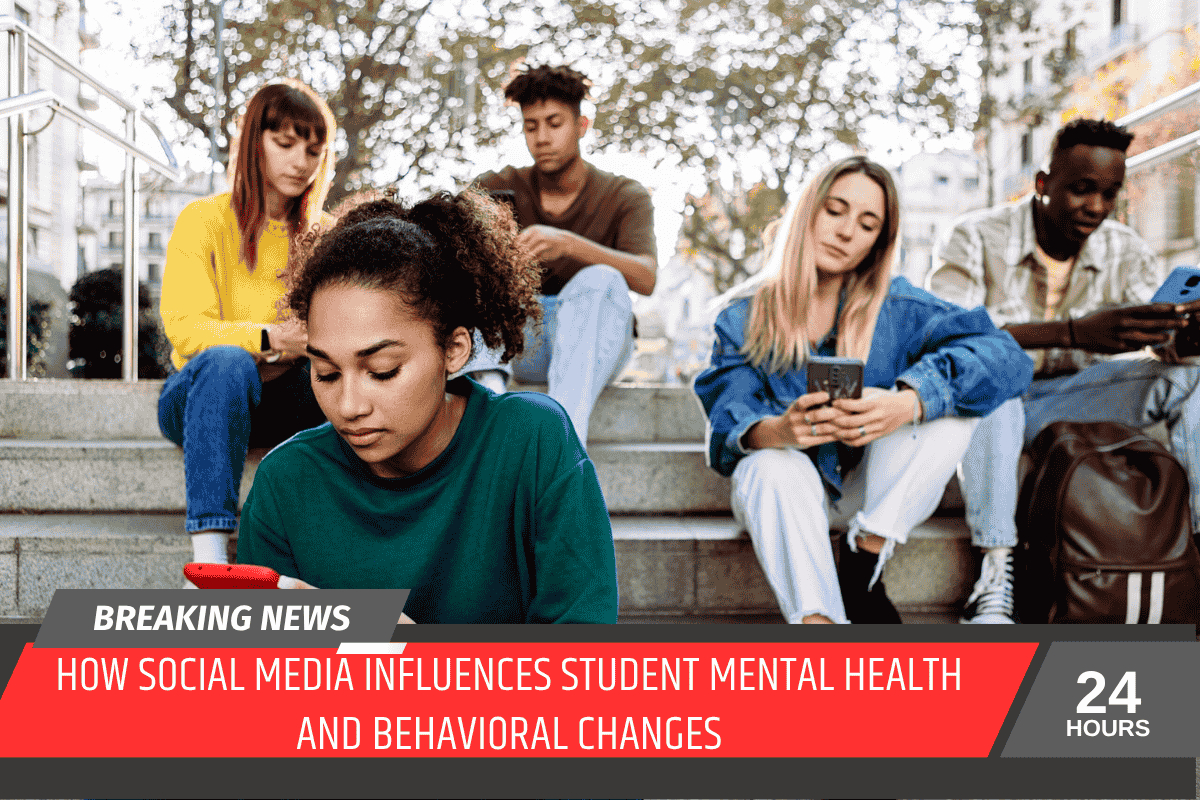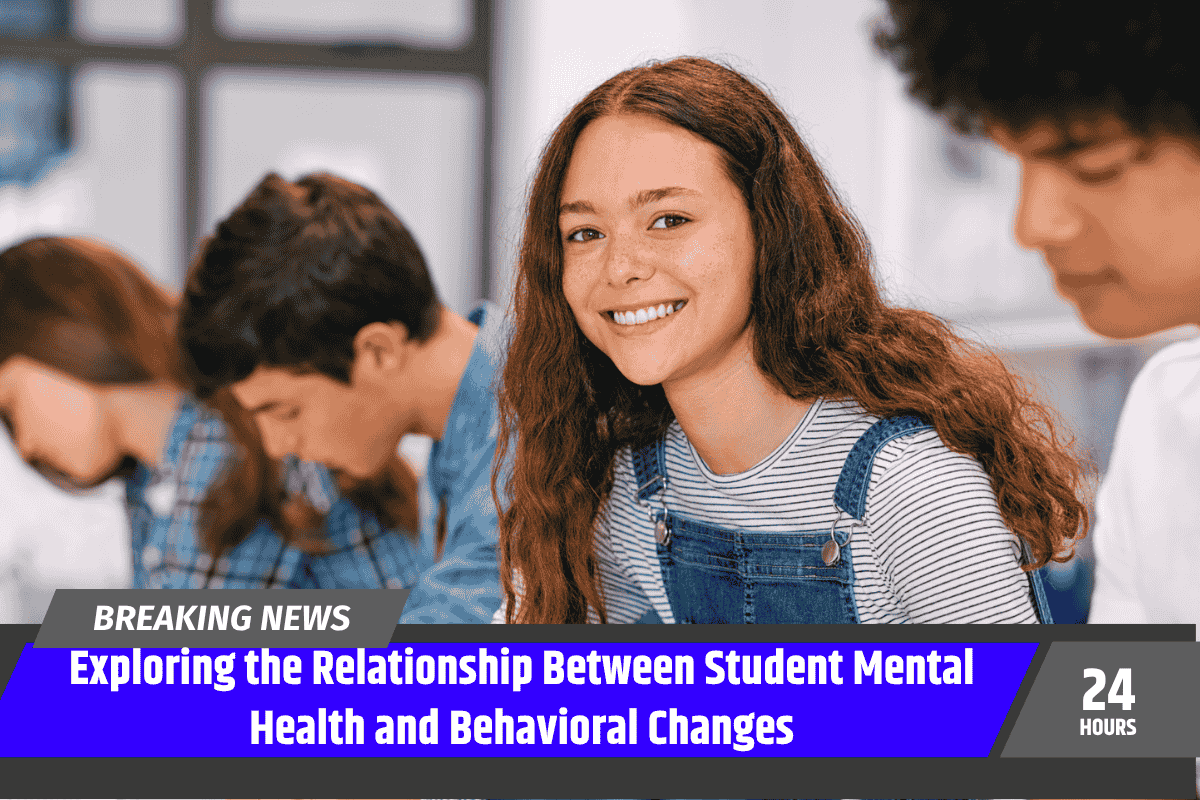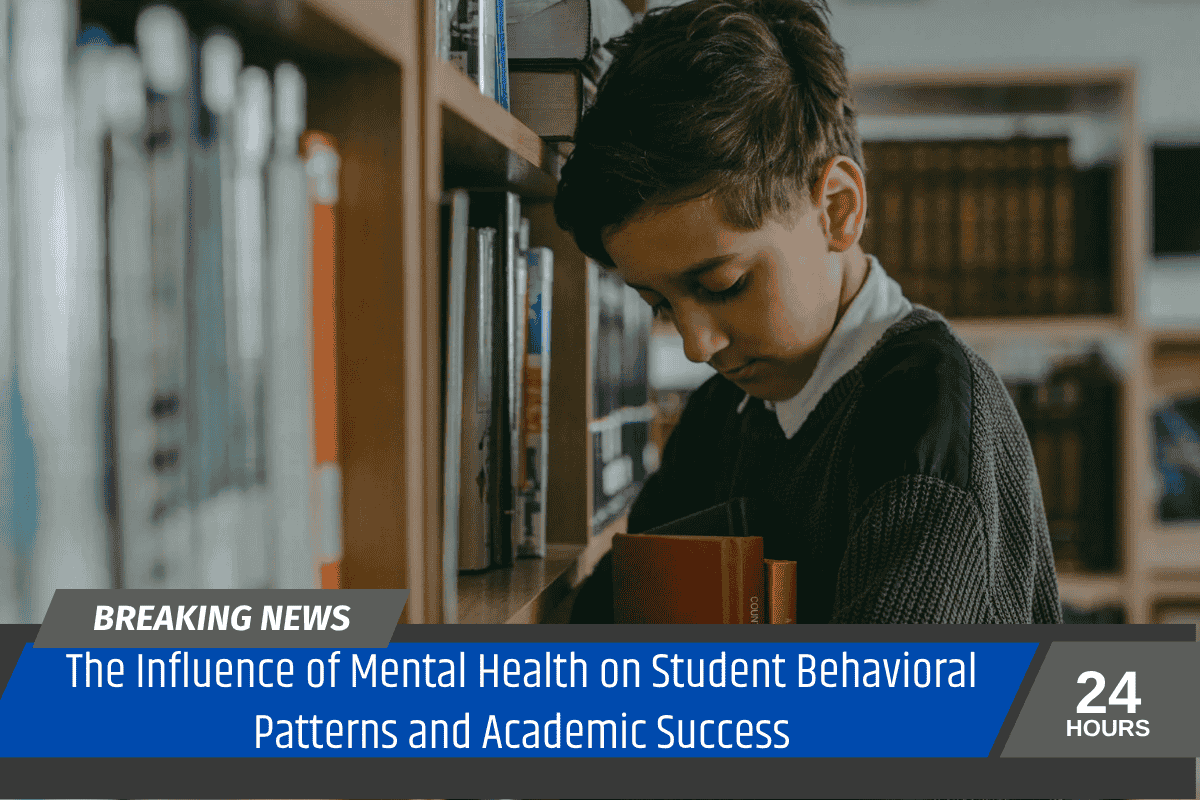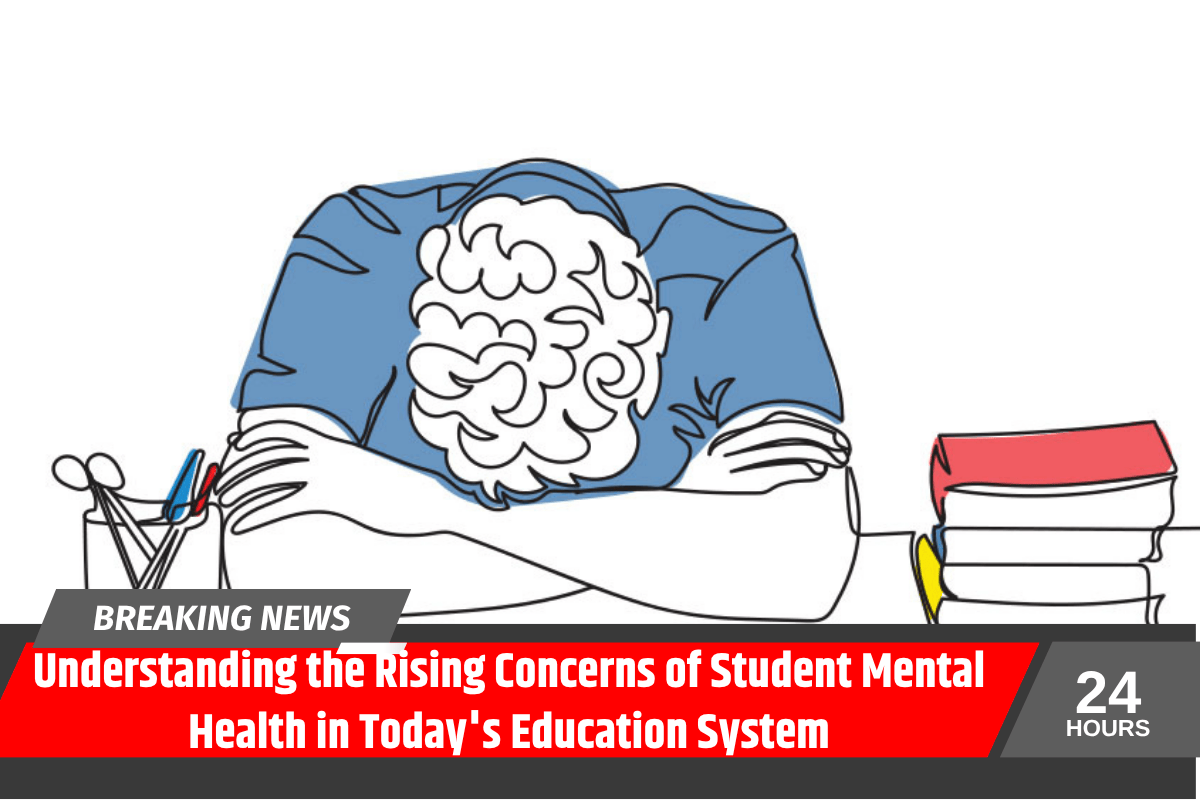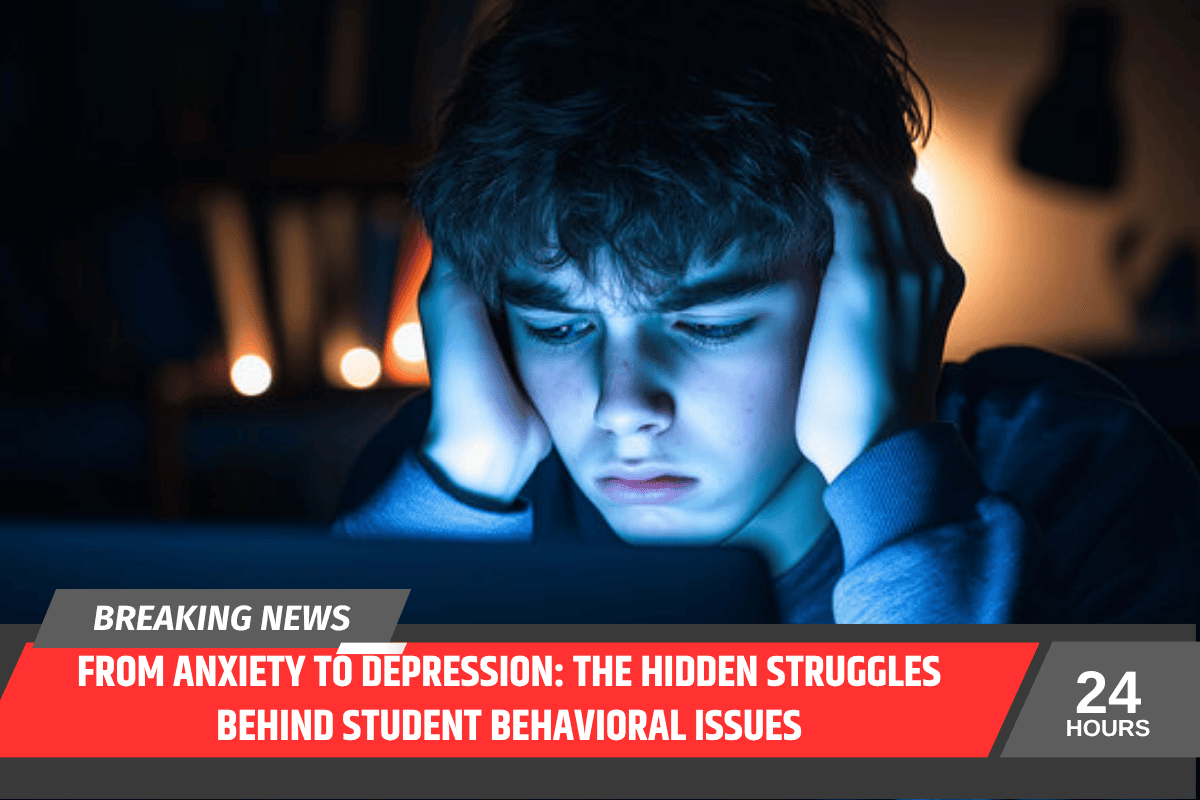Social media has become an integral part of everyday life, especially among students. With millions of students worldwide actively participating in various social platforms like Instagram, Twitter, Facebook, and TikTok, the influence of social media on mental health and behavior is an increasingly important topic.
While these platforms offer numerous benefits, including connecting with friends, sharing ideas, and staying updated on current events, they also have significant effects on students’ mental well-being and behavior.
Social Media and Its Impact on Mental Health
The way students use social media can have both positive and negative consequences for their mental health. On the positive side, social media can provide a sense of belonging and support.
Many students find communities where they can express themselves, connect with others who share similar interests, and gain emotional support during tough times. Online communities can be a source of comfort for those who might feel isolated in their real-life environments.
However, the darker side of social media is its potential to cause mental health problems. Studies have shown that excessive use of social media platforms is linked to anxiety, depression, and other mental health issues.
The constant exposure to idealized images of others’ lives can make students feel inadequate or dissatisfied with their own experiences. Social media often portrays a perfect world, filled with happiness, success, and luxury, which can lead to unhealthy comparisons.
This can result in feelings of low self-esteem and self-worth, especially when students feel they cannot measure up to the unrealistic standards set by influencers and peers online.
Additionally, social media can contribute to the rise in stress levels among students. The pressure to maintain an online presence, post regularly, and gain likes or followers can create an overwhelming sense of anxiety.
This pressure to be constantly available and visible online can lead to sleep deprivation, as students often stay up late scrolling through their feeds. Over time, this can negatively affect their emotional well-being and academic performance.
Behavioral Changes Linked to Social Media Use
The effects of social media go beyond mental health. Social media platforms can also bring about changes in student behavior, sometimes in unexpected ways. One of the most noticeable behavioral changes is the rise in cyberbullying.
While bullying has always been a part of school life, social media has given bullies a new platform to attack their victims. Students who are bullied online can experience intense emotional distress, leading to withdrawal from social interactions, a drop in academic performance, or even thoughts of self-harm.
Moreover, students who spend significant amounts of time on social media may develop a distorted view of reality. The constant bombardment of content that focuses on wealth, beauty, and success can encourage students to prioritize these values over more important aspects of life, such as their education, relationships, and personal growth.
This shift in priorities can lead to behavior that is more superficial or materialistic, with students increasingly focusing on their appearance, social status, and online popularity.
Another behavioral change is the increasing reliance on social media for validation. Students may become overly focused on receiving approval through likes, comments, or shares, leading to a constant need for external validation.
This can cause them to seek attention or approval in unhealthy ways, sometimes engaging in risky or inappropriate behaviors just to attract followers or increase engagement on their posts.
The Role of Parents, Educators, and Counselors
Given the significant impact of social media on students’ mental health and behavior, it is crucial for parents, educators, and counselors to be actively involved in guiding students toward healthy social media use. Open conversations about the effects of social media on mental health can help students understand the importance of balance and self-care.
Encouraging students to take regular breaks from their screens, engage in face-to-face interactions, and participate in physical activities can help mitigate the negative effects of social media.
Additionally, schools and universities can implement programs that raise awareness about responsible social media use and provide mental health resources for students who may be struggling.
Mental health education, along with workshops on digital literacy, can teach students to navigate social media in a way that supports their well-being, rather than harming it.
Social media has a profound influence on student mental health and behavior. While it can offer positive connections and support, it also carries risks, including anxiety, depression, and behavioral changes like cyberbullying and a distorted sense of self-worth.
By fostering open conversations, promoting digital literacy, and encouraging healthy online habits, students can better manage their social media use and protect their mental well-being. It is essential to recognize that, like any tool, social media can be both beneficial and harmful, depending on how it is used.
